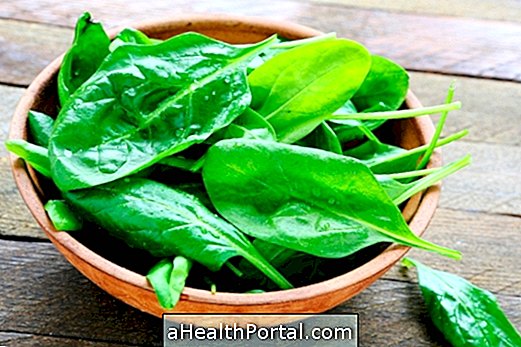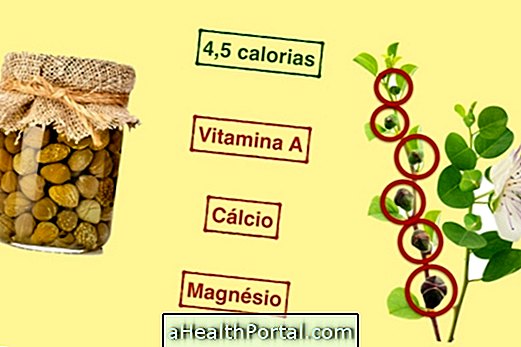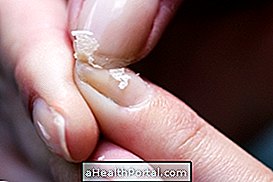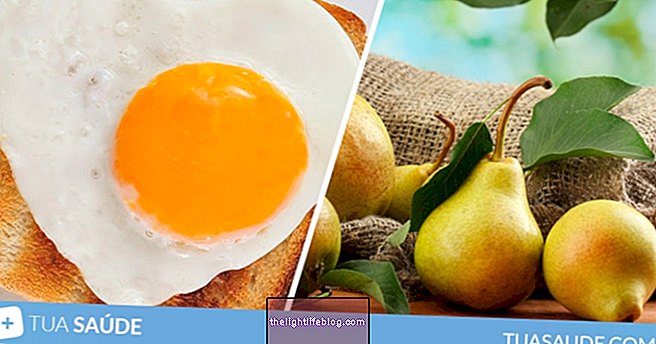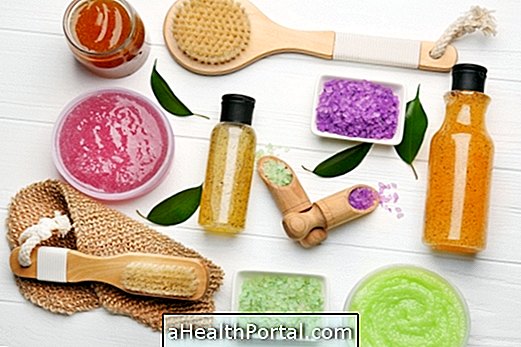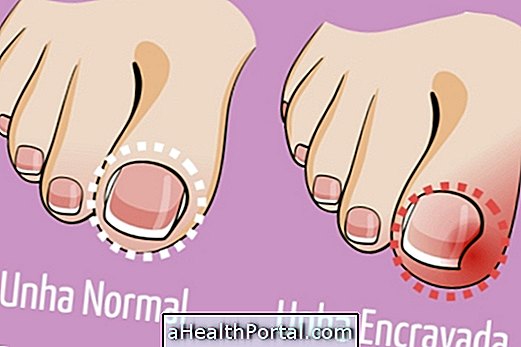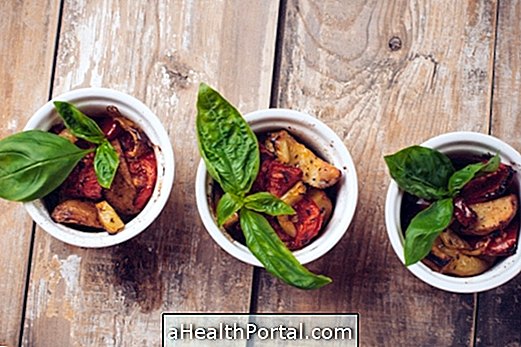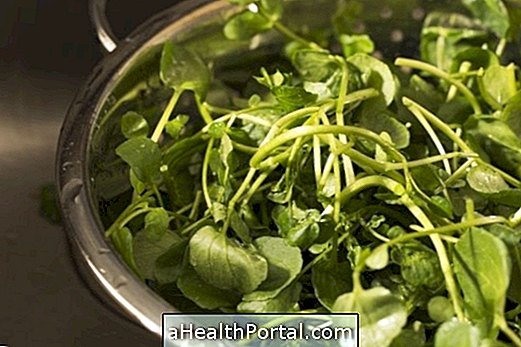To prevent new crises of kidney stones, also called kidney stones, it is essential to know which type of stone was initially formed, because crises usually occur for the same cause. Thus, knowing the type of stone, it is possible to make adequate food to avoid the formation of new calculations.
The tendency to have this problem is usually a genetic inheritance, and it is important to drink at least 2 liters of water a day to maintain kidney health and prevent the onset of kidney stones. Here's what to do according to the type of rock shown in this video:

4 Types of stones and ideal feeding for each
In addition to increased water intake, changes in diet to prevent each different type of renal calculus include:
1. Calcium oxalate stone
To prevent the formation of new calcium oxalate stones, it is important to avoid foods rich in oxalate such as spinach, strawberry, beetroot, chocolate, coffee, black tea, cola, soy and oilseeds such as nuts or nuts. In addition, you should increase your intake of fruits and vegetables, and avoid using protein, vitamin C, vitamin D and calcium supplements without your doctor or nutritionist's advice.
It is also important to use less salt in food preparation and avoid salt-rich products such as sausage, ready sauces and chicken broths as excess salt increases the amount of calcium in the kidneys, increasing the chance of forming new stones.
In addition to feeding, another tip is to use probiotics with the bacterium Oxalobacter formigenes, which helps break down the calcium oxalate crystals and which should be taken according to the doctor's guidance.
2. Uric acid stone
To prevent new uric acid stones, you should reduce the consumption of protein in general, especially foods such as meat, fish, chicken and viscera such as liver, heart and gizzard. Decreasing feed protein reduces the amount of uric acid in the body, causing the urine pH to return to normal and prevent further seizures.
In addition to meat, you should avoid meat broth and alcoholic beverages, especially beer, as they are also sources of uric acid. See what foods to avoid in the diet to lower uric acid.

3. Struvite Stone
Struvite stones usually form after a urinary infection, mainly caused by the bacteria Pseudomonas, Proteus mirabilis, Klebisiela and Urealyticum, which increase the pH of the urine and facilitate the formation of this type of kidney stone . Thus, to avoid new stones one should consume foods that strengthen the immune system, such as tomatoes, strawberries, nuts and sunflower seeds, as they help prevent and combat new urinary infections.
Another tip is to consume the cranberry daily, also called cranberry or crambery, which is an antibacterial fruit that helps maintain kidney health. To obtain these benefits, you should consume 1/2 cup of fresh cranberry, 15 g of dehydrated cranberry or 100 ml of your juice daily.
4. Cystine stone
Renal cystine stones are rare and difficult to control, with increased water consumption and reduced salt intake being the main ways to prevent this problem.
So to avoid another crisis, you should be aware of the food and the amount of fluids ingested, since good hydration also helps to eliminate the stones more easily.
Recommended amount of water
Consuming at least 2 liters of water a day is the main way to prevent all types of kidney stones because water helps to thin the minerals in the urine that cause stone and facilitates the elimination of bacteria that cause infection.
A simple way to know if water consumption is adequate is to observe the characteristics of the urine, which should be clear, almost crystalline, and odorless. In addition to water, it also counts as good liquids for the kidneys the natural fruit juices, teas and coconut water.
